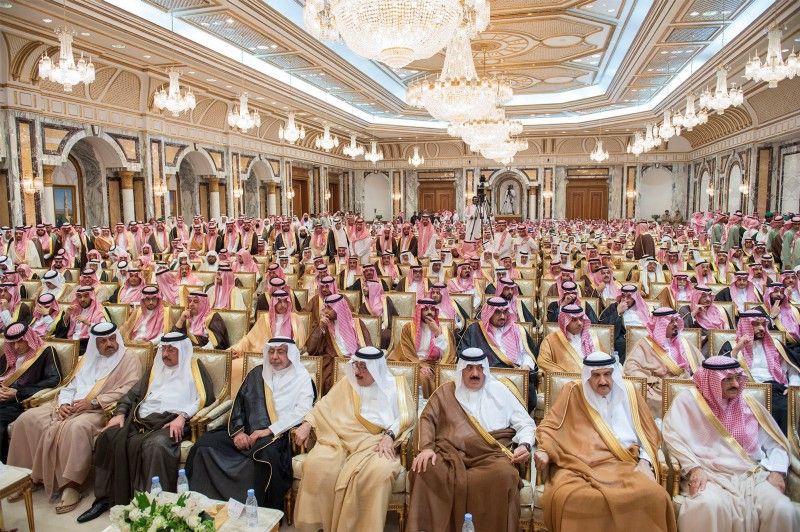January 12, 2018
Last weekend, 11 unnamed Saudi princes were arrested outside a royal palace in Riyadh for disturbing the peace. They were protesting an announcement that the government would no longer pay the water and electricity bills for members of the royal family. Three comments:
One, the Saudi royal family is bigger than you think. It’s now estimated to have up to 15,000 members. We can’t know the true total until there’s some kind of House of Saud census.
Two, this is great publicity for Crown Prince (and soon-to-be king) Mohammad bin Salman, because it helps him make the case to ordinary citizens that even the (seemingly) powerful and well-connected will have to make sacrifices in a world where oil can no longer be the answer to every financial question.
Three, the Crown Prince continues to make enemies within the royal family. These 11 unnamed princes are probably nobodies with little real influence. We may never know. But the message is clear, even for those more powerful: The days of rule by family consensus are over, and the man now in charge wants change. We better keep watching.
More For You
Most Popular
Fishing boats moored at Taganga Beach, as fishermen express concern over unclear US government videos showing strikes on vessels during anti-narcotics operations, amid fears that those targeted may have been fishermen rather than drug traffickers, in Santa Marta, Colombia, on October 20, 2025.
REUTERS/Tomas Diaz
Walmart’s $350 billion commitment to American manufacturing means two-thirds of the products we buy come straight from our backyard to yours. From New Jersey hot sauce to grills made in Tennessee, Walmart is stocking the shelves with products rooted in local communities. The impact? Over 750,000 American jobs - putting more people to work and keeping communities strong. Learn more here.
© 2025 GZERO Media. All Rights Reserved | A Eurasia Group media company.
